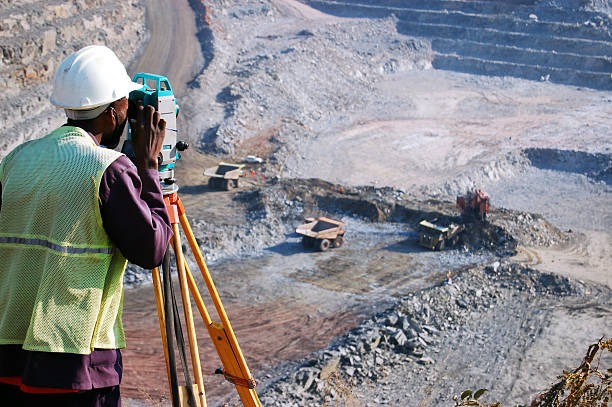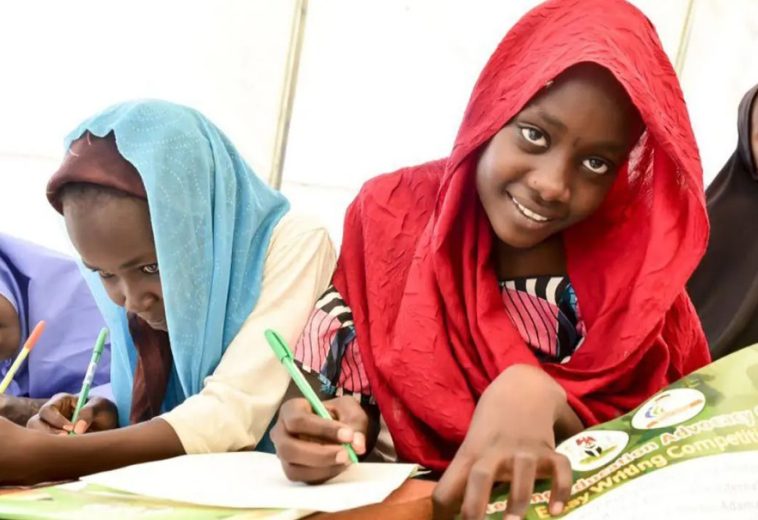In a significant move to expedite the Final Investment Decision (FID) on the Nigeria-Morocco Gas Pipeline, the Federal Government of Nigeria has intensified discussions with the Kingdom of Morocco. The crucial meeting, held on Wednesday, January 24, 2024, between the Honourable Minister of State for Petroleum Resources (Gas), Hon. Ekperikpe Ekpo, and the Moroccan Minister of Energy Transition and Sustainable Development, Ms. Leila Benali, marked a pivotal moment in advancing this groundbreaking energy infrastructure project.
Facilitated by NNPC Ltd.’s Executive Vice President, Gas, Power, and New Energy, Mr. Olalekan Ogunleye, and the Director General of the Morocco National Office of Hydrocarbons and Mines (ONHYM), Mme Amina Benkhadra, the discussions centred on driving the partnership between Nigeria and Morocco. The primary objective is to accelerate the Nigeria-Morocco Gas Pipeline Project, aligning with the Memoranda of Understanding (MoUs) signed between the two countries in Abuja in 2022.
The strategic significance of the project to both nations and the entire African continent was underscored during the talks. Emphasis was placed on the urgent need to complete the project expeditiously, aligning with the shared objective of alleviating energy poverty across Africa.
The Cooperation Agreement for the pipeline, signed in 2017, outlines a 48” x 5,300 km pipeline from Nigeria to Dhakia(Morocco) and a 1,700km extension from Dhakia to Northern Morocco. With a substantial capacity of 30 billion cubic metres per year (equivalent to 3.0 billion standard cubic feet of gas per day), this pipeline is poised to be a transformative force in the energy landscape.
The pipeline’s route is ambitious, traversing through the Republic of Benin, Togo, Ghana, Cote d’Ivoire, Liberia, Sierra Leone, Guinea-Bissau, Gambia, Senegal, Mauritania, and terminating in Morocco with a spur extending to Spain. Given its international scope, the ECOWAS Commission shoulders the responsibility of facilitating inter-governmental treaties and host government agreements, establishing a Pipeline Higher Authority, and ensuring alignment with the AU, UN, and other pertinent international bodies.
Beyond the geopolitical implications, the Nigeria-Morocco Gas Pipeline Project holds the promise of driving the monetization of Nigeria’s abundant gas resources. It positions NNPC Ltd. as a leader in energy on the African continent and fosters economic and regional cooperation among African countries.
As we navigate the complexities of the global energy landscape, such collaborations become paramount. The project not only bolsters energy security but also serves as a testament to the power of international cooperation in addressing common challenges. The initiative aligns with the broader objectives of sustainable development and economic growth, laying the groundwork for a more interconnected and resilient Africa.
These intensified talks between Nigeria and Morocco signal a shared commitment to realising the immense potential of the Nigeria-Morocco Gas Pipeline Project. As the discussions progress, the project emerges as a beacon of hope, promising not only economic prosperity but also a more energy-secure and interconnected future for the African continent.


